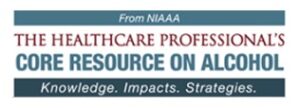January 5, 2026

MRHA Webinar: Human Trafficking & Exploitation, January 15
Human trafficking affects communities across Missouri including rural areas where awareness and resources may be limited. This introductory session provides participants with a foundational understanding of human trafficking and exploitation through a trauma-informed, survivor-centered lens.
Attendees will learn to define both sex and labor trafficking, recognize common indicators, and identify barriers that prevent detection and reporting. The training will also dispel common misconceptions about trafficking and explore the demographics and prevalence of survivors in Missouri and beyond.
Target Audience:
Anyone with an interest in serving survivors in rural areas.
Cost: Free
When: Thursday, January 15, 12:00 p.m. – 1:00 p.m.
Click Here to Register




